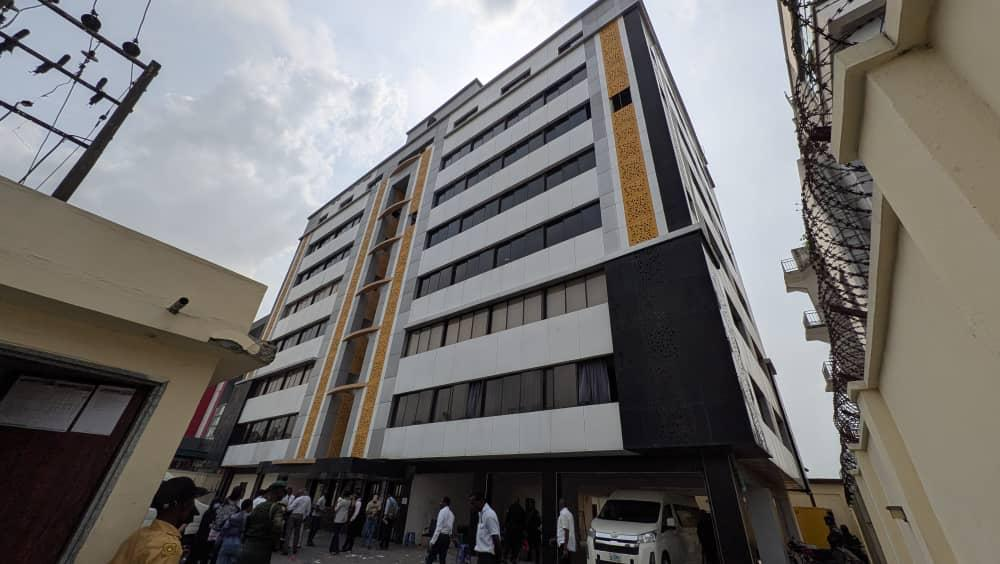The Economic and Financial Crimes Commission (EFCC) has announced the arrest of 792 suspects in connection with cryptocurrency investment fraud and romance scams.
EFCC’s Director of Public Affairs, Wilson Uwujaren, briefing journalists at the commission’s Lagos office on Monday, disclosed that the suspects were apprehended on Tuesday, December 10, 2024, during a raid on a seven-storey building named Big Leaf Building, located at No. 7 Oyin Jolayemi Street, Victoria Island, Lagos.

Uwujaren stated, “The breakthrough followed actionable intelligence and months of surveillance on the syndicate’s activities. Among those arrested are 148 Chinese, 40 Filipinos, two Kharzartans, one Pakistani, and one Indonesian.”

He explained that investigations revealed the foreign nationals used the premises, resembling a financial institution’s headquarters, to train Nigerian accomplices in carrying out romance and investment scams, often using Nigerian identities for their schemes.
Uwujaren added, “The building was fully equipped with high-end desktop computers. On one floor alone, investigators discovered 500 SIM cards from local telecom providers purchased for criminal activities.”
The Nigerian accomplices, recruited by the foreign syndicate leaders, were trained to target victims globally through phishing attempts, engaging mostly Americans, Canadians, Mexicans, and Europeans. Using desktop computers and mobile devices, they created fake profiles and engaged victims in romantic and fraudulent business discussions, directing them to the platform www.yooto.com. Account activation fees on the platform started at $35 USD.

Proficiency in computer skills, particularly typing, was a key criterion for recruiting the Nigerians, who underwent a two-week induction to impersonate foreign females in scam chats. Once victims were convinced, the foreigners would assume control, excluding the Nigerians from further involvement in the scam.
Surprisingly, Uwujaren noted, the Nigerian accomplices had no formal employment documentation or knowledge of their employers’ identities. They were paid in cash or through individual bank accounts rather than corporate channels.
The EFCC recovered several items, including desktop computers, mobile phones, laptops, and vehicles. The suspects are being detained under a valid remand warrant and will soon face charges in court.
Uwujaren concluded, “This operation demonstrates that the perception of Nigerians being solely responsible for fraud is incorrect. Foreigners exploit our country’s unfortunate reputation to conduct their operations. However, as this arrest shows, there will be no hiding place for criminals in Nigeria.”
Further investigations are ongoing, and the EFCC is collaborating with international partners to dismantle the network.


